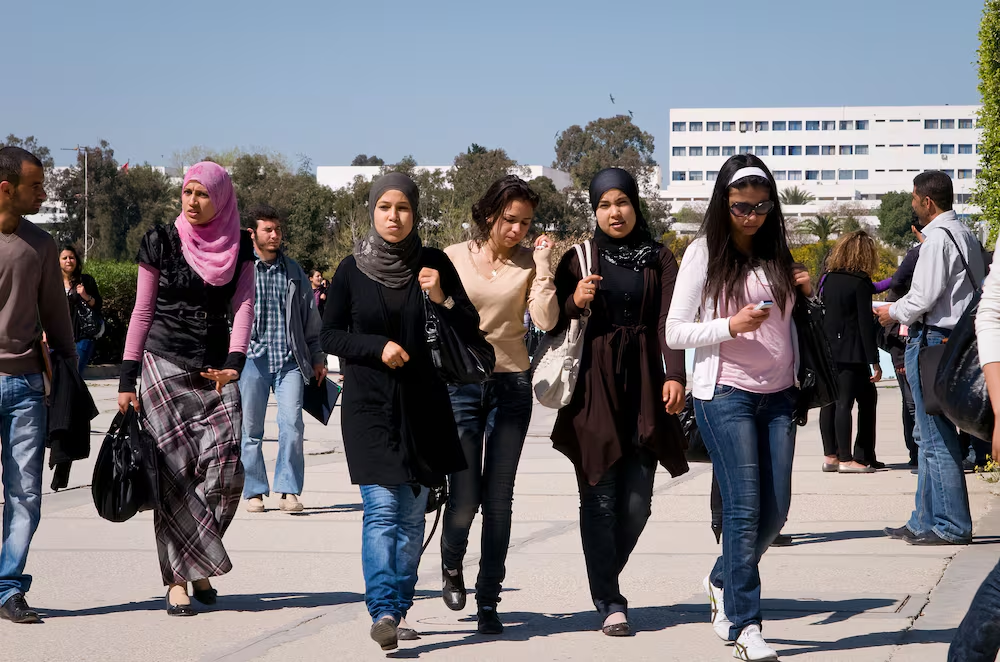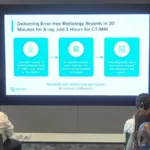Information Technology experts have asked Parliament to reject the Robotics and Artificial Intelligence (AI) Society Bill, 2023 on grounds that it has a lot of glaring gaps.
The American Chamber of Commerce (AMCHAM) says the Bill will precipitate a national disaster if it is enacted in its current form.
The experts told the National Assembly’s Communication, Information, and Innovation (CII) committee that stakeholders in the AI and Robotics space were not involved at any stage before coming up with the Bill.
The experts appeared before the committee chaired by Dagoreti South MP John Kiarie during a session to mark this year’s International Safer Internet Day.
Alex Gakuru, who is the Director Center for Law in Information Technology and leader of the delegation of AMCHAM, told the session that the Bill should be withdrawn pending further consultation with stakeholders.
“This specific Bill was conveyed to Parliament through a citizen petition under public Petition NO. 75 of 2023. It was filed by Fred Ondieki Sakwe and is now before the Public Petitions Committee,” Mr Gakuru, a lecturer at the Kenya School of Law, told the committee. “This Bill will spell a national disaster and if implemented as proposed, it will take us years back.”
Mr Gakuru said the Bill does not address the issues of Artificial intelligence but is largely aimed at regulating the robotics sectors. He said the Bill is poorly drafted and stands the risk of being challenged in court if it is not amended.
“There is no policy underpinning this Bill. This Bill will be a very big blow to the AI sector,” Mr Gakuru said.
“This Bill simply creates offices and taxes and does not address the aspects of AI. We need a proper law to regulate the AI and emerging technologies.”
Elizabeth Mutua, a lecturer at the Dedan Kimathi School of Computer told MPs Kenya does not have publicly available data sets for building on AI. She said the country has no legal framework to govern AI and robotics. “There is no available technology that AI will rest on for implementation,” she said.
“The Bill is not clear on the space or position of women in AI and robotics. University staff unions have not been consulted on AI integration into the curriculum. This Bill does not address the revision of university curriculum for AI integration.”
She said no university in Kenya offers a degree in AI and the Bill should incorporate several other critical issues before it is enacted. Mr Kiarie said the concerns of the stakeholders will be taken into account during public participation in the Bill.
“This is a proposed law and we will undertake stakeholder consultations. We need an overarching law that does not stifle innovation even as we mitigate risks associated with AI and Robotics,” Mr Kiarie said.
He said Kenya was cited in 2013 over the Cambridge Analytica claims of meddling in the presidential election results and recently the saga surrounding the World Coin. “Mr Kiarie said there are two schools of thought that AI will take over jobs as machines take over human brains while the other feels AI will sort out all human problems.
“We are meeting stakeholders to understand where Kenya should be in the two schools of thought,” he said. “This committee is working on laws on emerging technologies. AI is a global matter that we need to embrace.”
In November 2023, the National Assembly Speaker Moses Wetangula communicated to the House a petition by Mr Sagwe, a representative of the Robotics Society of Kenya (RSK) who asked Parliament to enact the Kenya Robotics and Artificial Intelligence Society Bill, 2023.
The Bill seeks to establish the RSK comprised of six office bearers including a chairperson, vice-chairperson, organising secretary, and treasurer.
The functions of the RSK are to among others regulate and promote the development of the robotics and AI industry. The Bill requires any person or entity involved in the business of robotics or AI to be registered and licensed by the RSK after payment of a prescribed fee. Those who fail to register face a fine of up to Sh1 million a jail term of up to two years, or both.















